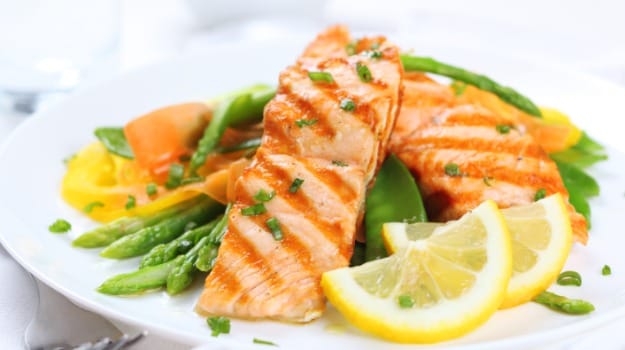Consumption of seafood, especially fish, has long been associated with a host of health benefits. A number of studies indicate that fish should form a significant part of a diet, being a valuable source of Vitamin D, protein and omega-3 fatty acids. However, as they say, there's always a flip side to things that seem too good. According to a latest research, seafood consumption could prove harmful for women. Experts at University of Michigan Health System are of the opinion that exposure to mercury through seafood could increase the risk of autoimmune disorders, especially among women of childbearing age.
What are autoimmune disorders?
Autoimmune disorders cause the body's immune system to attack healthy cells unknowingly. These disorders affect close to 50 million Americans, predominantly women. Autoimmune disease - which can include such conditions as inflammatory bowel disease, lupus, Sjogren's syndrome, rheumatoid arthritis and multiple sclerosis - is among the 10 leading causes of death among women, the study noted.
How does eating seafood affect women?
The study appeared in the journal Environmental Health Perspectives and points out that seafood is a source of mercury. Further, it has been found that greater exposure to mercury is associated with a higher rate of autoantibodies, a precursor to autoimmune disease. Many health guidelines associated with consumption have primarily been directed at pregnant women, nursing moms as well as young children.
The authors noted that there were many health benefits associated with seafood - lean protein packed with vital nutrients. However, they added that women of reproductive age should be mindful of the type of fish they are eating. To prove the same, the team analysed medical data from women ageing 16-49. The data of the participants was procured from the National Health and Nutrition Examination Survey from 1999-2004.
(Seafood Guidance for Pregnant Women)
"The presence of autoantibodies doesn't necessarily mean they will lead to an autoimmune disease," Somers said. "However, we know that autoantibodies are significant predictors of future autoimmune disease, and may predate the symptoms and diagnosis of an autoimmune disease by years. For women of childbearing age, who are at particular risk of developing this type of disease, it may be especially important to keep track of seafood consumption," he concluded.
The Food and Drug Administration (FDA) and the Environmental Protection Agency (EPA) say pregnant women can safely eat up to 12 ounces (340 grams) of seafood a week. Fish such as swordfish, king mackerel and tilefish contain the highest levels of mercury while shrimp, canned light tuna and salmon have lower levels.
Inputs from IANS








